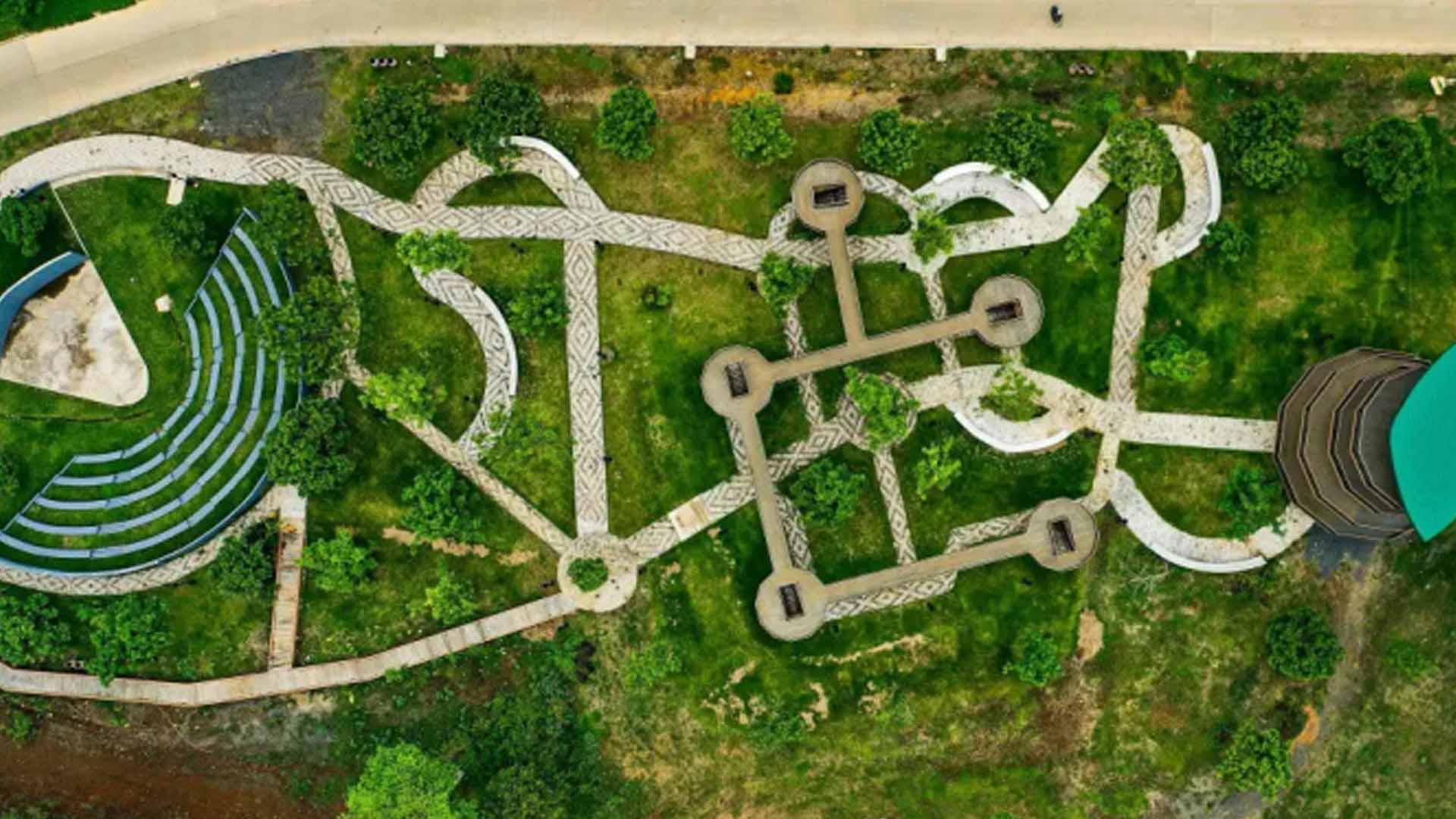The city government on Friday reiterated its commitment to aggressively pursue a forestry program with a specific emphasis on the “re-greening” of schools and open spaces within urban centers.
In an interview, Carlo Gomez, chief of the City Environment and Natural Resources Office (CENRO), revealed that Mayor Lucilo Bayron has ordered an increase in the number of “green spaces” to address the high temperature being experienced by students within school buildings.
He said planting trees within school yards will provide shade and coolants to teachers, parents, and students, while also offering other ecosystem services.
It was noted that several schools, including Palawan Science National High School, Pilot Elementary School, Mateo Jagmis Elementary School, Sicsican Elementary School, Sicsican National High School, as well as schools in the barangays of Manalo, San Rafael, and Simpocan, were chosen as tree-planting sites during the recently-concluded “Pista Y Ang Cagueban”.
“Planting more trees in the city sets a good example that our citizens can emulate and demonstrates a new way of addressing climate change. Why did we start planting in schools? Because students, whether in private or public schools, suffers much from urban heat. Many classrooms are not air-conditioned. By providing shade we help bring down the temperature within their campuses,” said Gomez.
Moreover, the CENRO disclosed his intention to collaborate with architects to integrate landscaping into school building designs in urban areas.
Eventually, the program will expand its scope to encompass road center islands, bay walks, Plaza Cuartel, and other open spaces and public parks throughout Puerto’s urban areas.
To support the urban forestry program, CENRO has utilized i-Tree Eco, an urban forestry analysis and benefits assessment tool developed by the US Forest Service. This tool enables quantification and valuation of trees’ ecosystem services, including pollution removal, carbon sequestration, avoided carbon emissions, and avoided water runoff.
Gomez explained that by understanding the urban forest’s structure, function and value, city planners can make informed decisions that enhance human health and environmental quality.
“i-Tree is a mainstay project of the City ENRO supported by USFS and USAID. Since i-Tree was introduced in Puerto Princesa in 2016, the City ENRO has conducted tree assessments in several identified sites, such as Plaza Cuartel, City Hall complex, Balayong Park, Acacia Tunnel, private resorts, hotels, public schools, and other priority locations,” he said.
He described the tool as an aggressive approach to combat climate change and protect the city’s remaining trees and urban forests.
In addition to including schools in the urban forestry program, CENRO aims to encourage homeowners to plant at least one tree on their properties.
The city government will provide design guidelines to maximize the use of small lots, ranging from 100 to 150 square meters, promoting green spaces within residential areas. (PNA)




